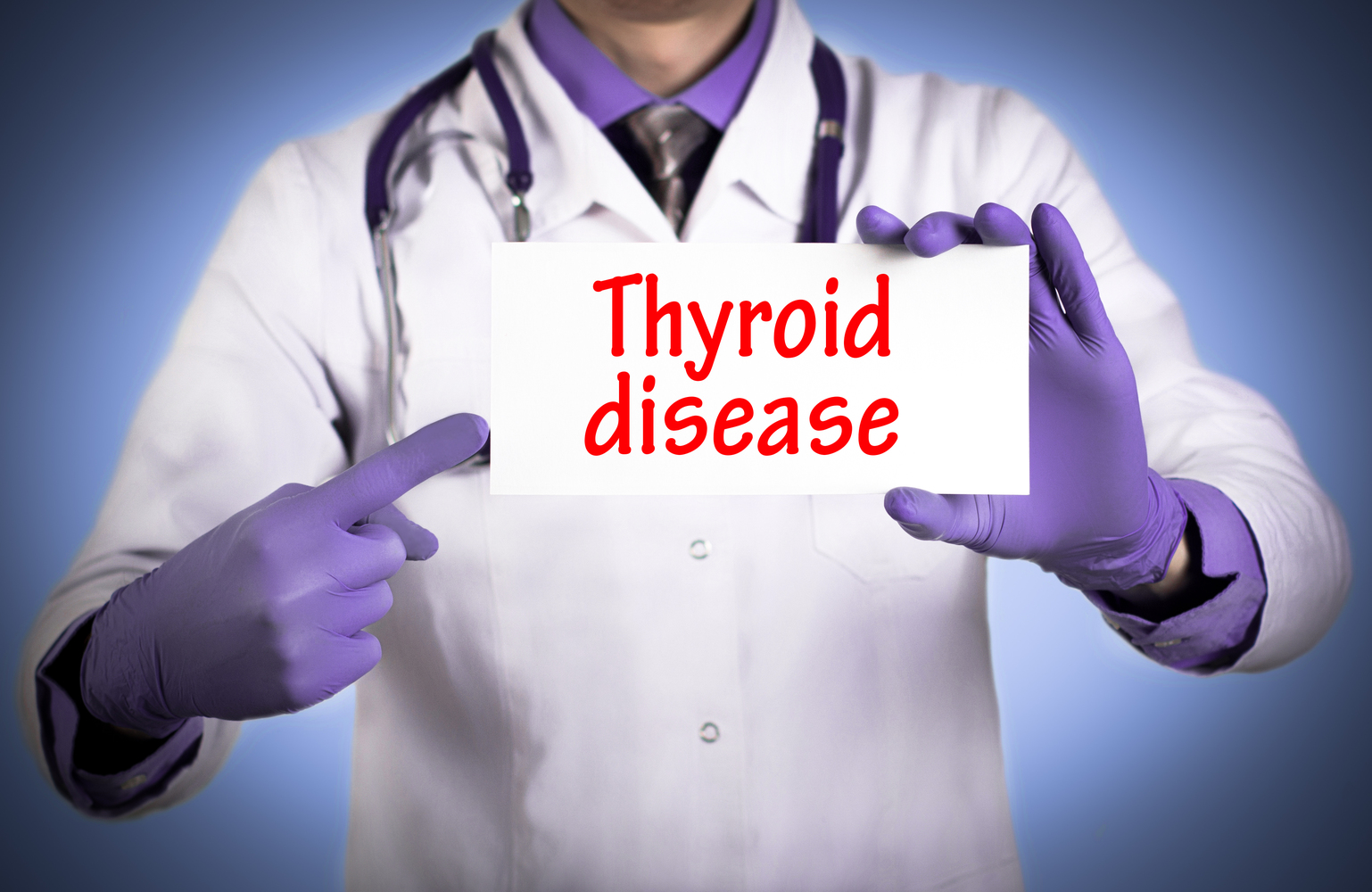
Important Things To Know About Thyroid Disease
The nature of your metabolism and your body’s ability to breakdown food and derive energy from digested food follow a specific procedure. It’s all related to your thyroid gland located in front of the windpipe and just below the Adam’s apple. Apart from regulating your body’s metabolic rate, the thyroid gland is also responsible for regulating:
- The heart
- The digestive system
- Brain development
- Muscle control
- Your mood
- Bone maintenance
Its functioning depends on the amount of iodine supplied by your diet. Your thyroid gland also plays a significant role in maintaining a healthy weight. When it comes to the types of thyroid disease, here are some common ones:
Thyroid nodules
In the study of thyroid disease and its causes, symptoms, and types, thyroid nodules are lumps that can be solitary or in groups. This condition is very common, and is usually harmless. Thyroid nodules don’t necessarily cause any symptoms but there is a chance of developing hyperthyroidism.
A doctor will examine the person’s neck to check for hyperthyroidism or hypothyroidism. There is a very little chance of thyroid nodule being cancerous, however, most are not. Your doctor will perform a fine needle aspiration biopsy to determine if the lump is cancerous.
Depending on the severity of the condition and possible chances of cancer in the future, removing the nodules is recommended. A doctor may also recommend removing a part of or the entire gland.
Thyroid cancer
Thyroid cancer is the least deadly type of cancer but it is common among adult women. There are various types of thyroid cancer depending on the specific cell type that has become cancerous. Several cases of thyroid cancer have high survival rates when diagnosed in the early stages. The condition appears as a lump or swelling in the thyroid gland.
Multinodular goiter
Looking deeper into thyroid disease and its causes, symptoms, and types, toxic goiter is an enlargement of the thyroid gland with multiple nodules or bumps. Goiter may be a sign of hyperthyroidism or hypothyroidism. This condition encourages the thyroid gland to produce excessive thyroid hormones, resulting in hyperthyroidism.
The multiple clusters called multinodular goiters and the front of the neck appears large and swollen.
Symptoms of multinodular goiters
Multinodular nodules usually don’t cause any symptoms. Sometimes, it may look like a single nodule but can consist of several ones. You will be able to feel it exactly over your thyroid just below the Adam’s apple. When this malignant growth enlarges and touches other nearby structures, the following symptoms are experienced:
- A hoarse voice
- Difficulty swallowing food and drinks
- Difficulty breathing lying down
- Heat intolerance
- Raid heart rate even while resting
- Irritability and nervousness
- Unexplained weight loss
- Difficulty sleeping
Causes of multinodular goiters
A comprehensive study of thyroid disease and its causes, symptoms, and types, expose the common causes of multinodular goiters. These are:
- Iodine deficiency
- Genetic factors and family history
- Being female (women most likely develop thyroid diseases)
- Age
The thyroid needs iodine to produce hormones. In the case of iodine deficiency, the thyroid cannot function normally. In such a case, the pituitary gland in the brain releases excess thyroid-stimulating hormones. This enlarges the thyroid and creates multinodular goiters.


